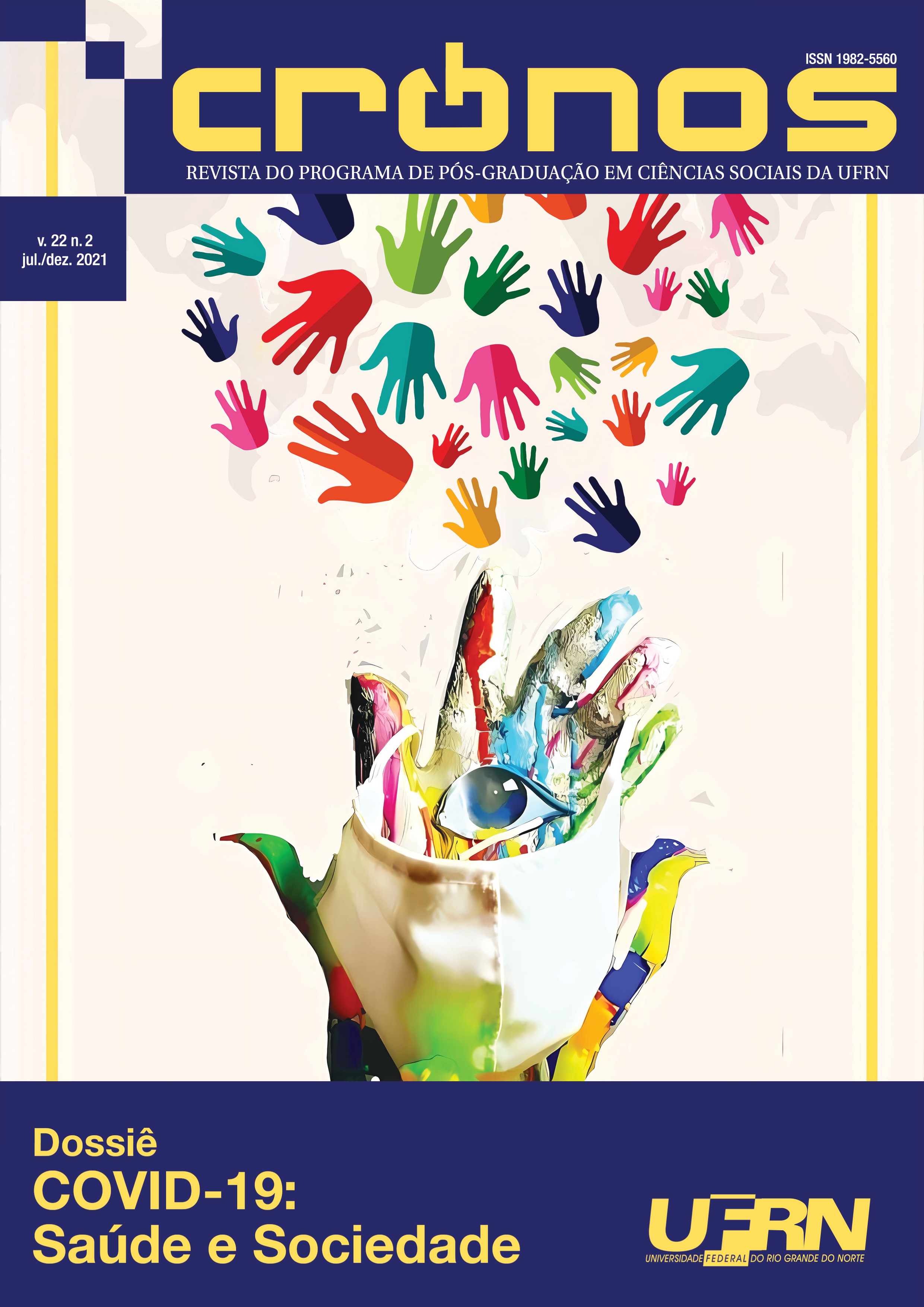COVID-19 AND THE ELDERLY IN BRAZIL
A look from the perspective of race/skin color
DOI:
https://doi.org/10.21680/1982-5560.2021v22n2ID27502Keywords:
Covid-19, Health inequalities, Ethnic Origin and Health, Elderly Health, RacismAbstract
In Brazil, a country with a colonial history and tradition, structural racism is a reality that impacts health equity and the well-being of the black population (brown and black). In addition, it has serious repercussions on socioeconomic conditions, the result of a history of slavery, patrimonialism and exclusion, which results in the worst social and health indicators of the Afro-descendant population. These assumptions are opposed to narratives that propose a reading about covid-19 being a democratic pandemic, whose argument is aligned with the rhetoric of racial democracy, a concept that originated in the mid-twentieth century, which defended that Brazil was endowed with good relations racial due to their history of miscegenation and imprecise racial definitions, which corresponds to a powerful strategy for maintaining the place of racialized populations, such as blacks and indigenous people, in a production of modern coloniality. Under these premises, the objective of this article is to discuss health indicators of covid-19, according to the social marker race/skin color of the Brazilian elderly population, published by the Brazilian Ministry of Health, given the severity of this disease in this age group, the controversies of this issue in these publications and the structural racism that goes back to slavery.
Downloads
Downloads
Published
How to Cite
Issue
Section
License
Copyright (c) 2023 Revista Cronos

This work is licensed under a Creative Commons Attribution-NonCommercial-ShareAlike 4.0 International License.


 English
English Español (España)
Español (España) Português (Brasil)
Português (Brasil)


